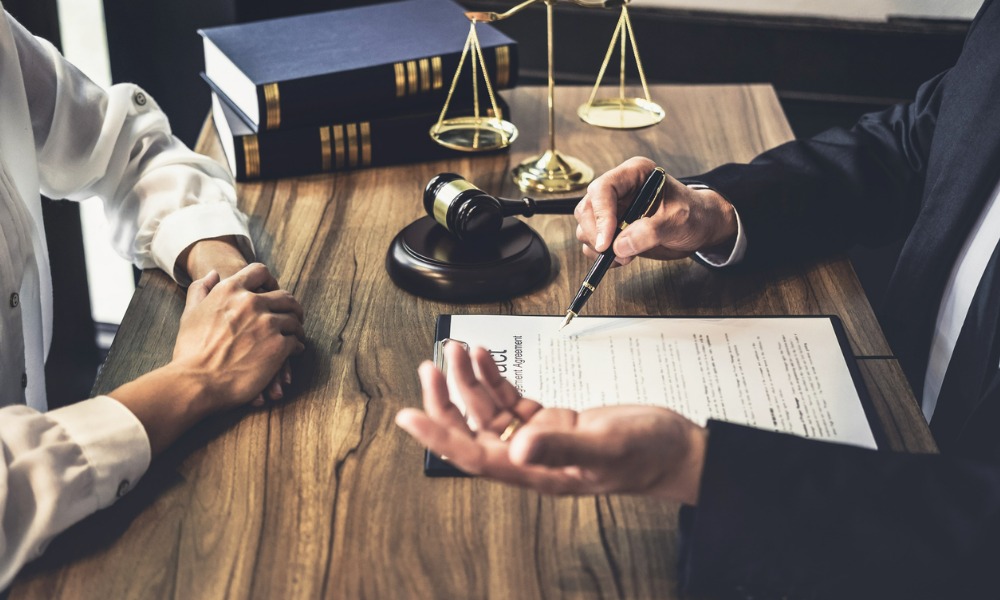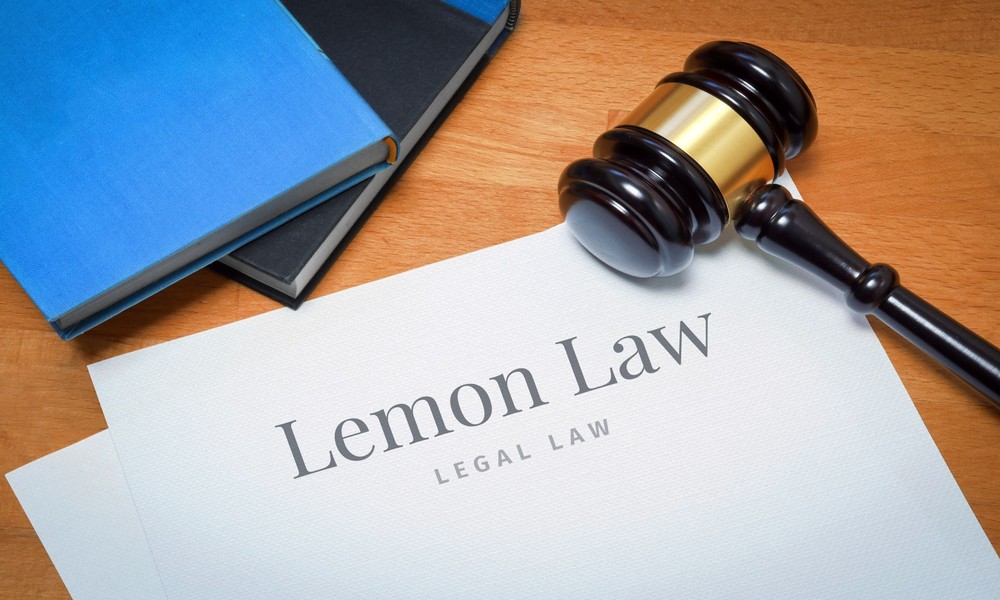Launching a startup is an exciting journey filled with challenges and opportunities. One critical step that often gets overlooked amid product development and marketing is trademark protection. Your brand name, logo, and slogans are vital business assets, and failing to protect them properly can lead to costly legal battles, rebranding headaches, and lost goodwill.
Many startups make avoidable trademark mistakes early on that can jeopardize their brand identity down the line. Understanding these common pitfalls and how to avoid them will help your business build a strong foundation for long-term success.
Here are some of the most frequent trademark mistakes startups make — and practical advice on how to steer clear of them.
1. Skipping a Comprehensive Trademark Search
One of the biggest mistakes startups make is choosing a name or logo without verifying whether someone else is already using or has registered a similar trademark.
Why is this risky?
- You may unknowingly infringe on someone else’s rights, leading to cease-and-desist letters or lawsuits.
- Even if no one contacts you initially, a trademark examiner could reject your application due to conflicts.
- If someone else registers a similar mark first, you might have to rebrand — losing time, money, and customer recognition.
How to avoid it:
Conduct a thorough trademark search before finalizing your brand name or logo. Use the USPTO’s Trademark Electronic Search System (TESS) and check for common law trademarks through online business directories, social media, and domain registrations. For added certainty, consider hiring a trademark attorney or professional search firm to perform a clearance search.
2. Choosing a Weak or Generic Mark
Not all names are equally protectable. Generic or overly descriptive names (e.g., “Best Coffee Shop”) cannot be registered as trademarks because they lack distinctiveness.
Using a weak or descriptive mark makes it difficult to enforce your rights and easy for competitors to copy or dilute your brand.
How to avoid it:
Aim for a strong, distinctive mark. Fanciful (made-up words like “Kodak”), arbitrary (real words with no connection to your product like “Apple” for computers), or suggestive marks (hinting at the product) offer better protection. Avoid generic terms or descriptive phrases unless they’ve acquired secondary meaning, which is difficult to prove for new businesses.
3. Assuming Trademark Protection Is Automatic
Many startups assume that simply using their name or logo in business automatically grants them trademark rights everywhere. While using a mark does establish some rights (called common law rights), these are limited geographically and weaker than federally registered trademarks.
Without federal registration, your rights might only extend to your immediate geographic area, and enforcing those rights becomes more difficult and costly.
How to avoid it:
Register your trademark with the USPTO. Federal registration provides nationwide protection, access to legal remedies, and public notice of your ownership. It also allows you to use the ® symbol, which deters potential infringers.
4. Ignoring Proper Trademark Use
How you use your trademark matters. Misusing your mark—such as using it as a noun instead of an adjective or not including the appropriate trademark symbol—can weaken your rights over time.
For example, saying “Google” instead of “Google search engine” or failing to use ™ or ® symbols can contribute to your trademark becoming genericized (think “escalator” or “thermos”).
How to avoid it:
Use your trademark as an adjective paired with a generic noun (e.g., “Nike shoes,” not just “Nike”). Always include ™ for unregistered marks and ® once your trademark is federally registered. Educate your team and marketing partners on correct usage.
5. Not Monitoring and Enforcing Your Trademark
Trademark protection doesn’t end after registration. You need to actively monitor the marketplace to ensure others aren’t infringing or diluting your brand. Ignoring unauthorized use can weaken your trademark or lead to costly conflicts later.
How to avoid it:
Regularly monitor online and offline channels for similar marks. Set up alerts and watch services if possible. When you find potential infringement, address it quickly through cease-and-desist letters or legal action if necessary. Protecting your trademark’s integrity preserves its value.
6. Failing to Register in All Relevant Classes
The USPTO categorizes goods and services into 45 different classes. Your trademark registration only covers the classes you specify. If you don’t register in all the classes relevant to your business, competitors might register similar marks in other classes and cause confusion.
How to avoid it:
Identify all the goods and services your business offers or plans to offer and register your trademark in all applicable classes. Consult with a trademark attorney to ensure comprehensive coverage and avoid future conflicts.
7. Delaying Registration
Waiting too long to register your trademark can cause issues if another business registers a similar mark first. The earlier you register, the stronger your legal position and the easier it is to enforce your rights.
How to avoid it:
File your trademark application as soon as possible once you’ve chosen your mark and conducted clearance searches. Early registration protects your brand and avoids costly rebranding down the road.
Final Thoughts
Building a strong brand is crucial for startup success, and trademarks are a powerful tool to protect that brand. Avoiding these common trademark mistakes can save you from legal headaches, financial loss, and damage to your reputation.
Startups should invest time and resources early on to conduct comprehensive searches, choose distinctive marks, register trademarks federally, and actively manage their IP rights.
If you’re launching a new business or rebranding, consulting with an experienced trademark attorney can provide valuable guidance and peace of mind — helping your startup grow with confidence and security. We recommend Braslow legal.











